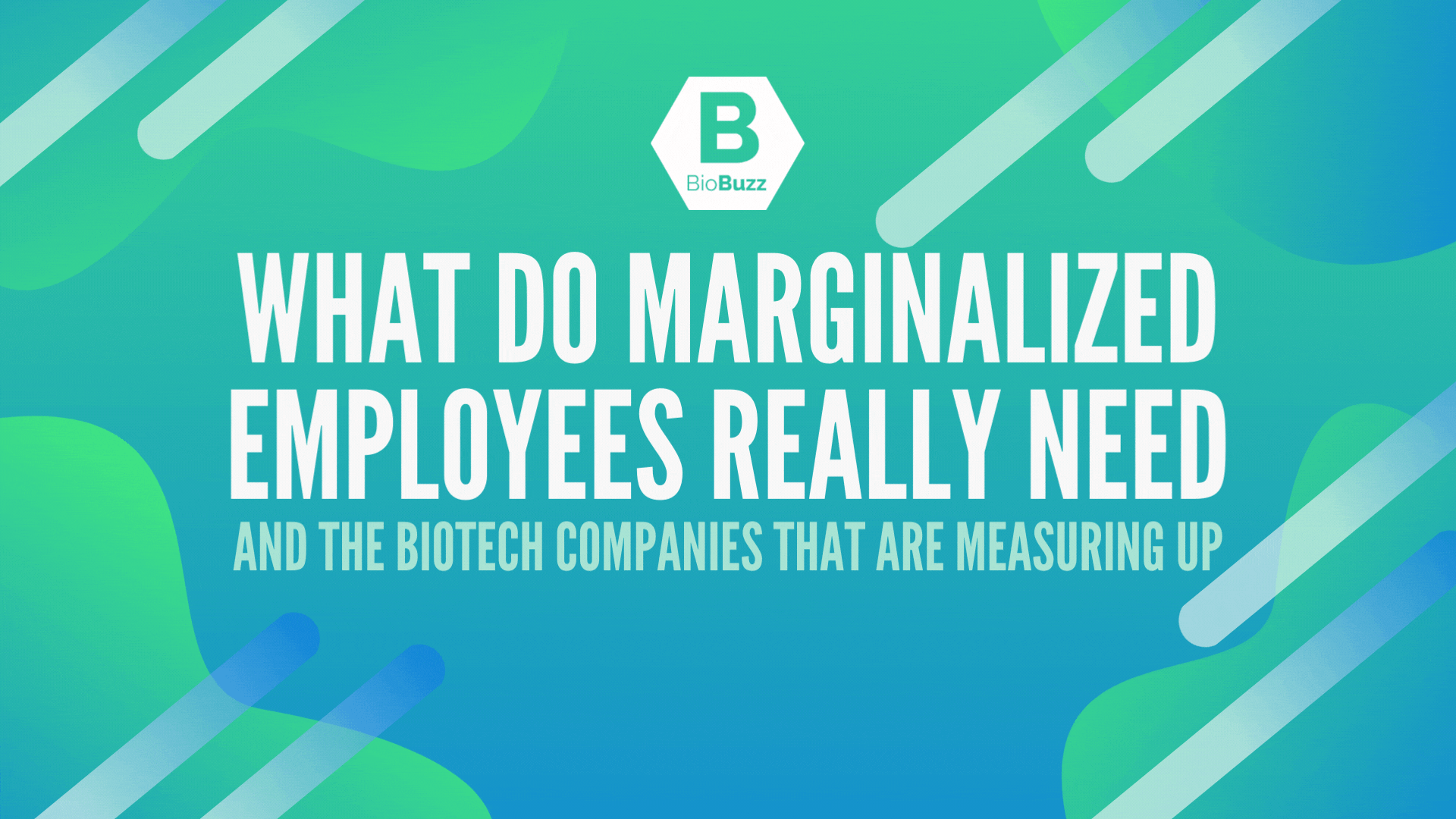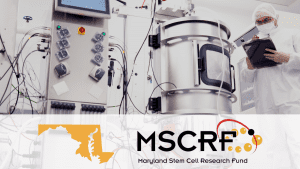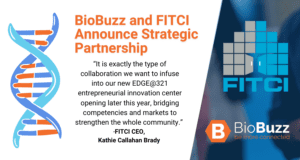
What Do Marginalized Employees REALLY Need and The Biotech Companies That Are Measuring Up
By Ezekiel Kelley | October 25, 2023
| BioBuzz has been connecting the life science workforce since 2009. We’ve built an expansive community in the Mid-Atlantic with a national readership that spans from Massachusettes to Florida, and New York to California. For our next chapter, we’re building a proprietary talent logistics model to help employers source and hire life science talent. Learn more. |
Being deeply embedded in the biotech ecosystem, I have a keen interest in how biotech companies here are working to level the playing field for marginalized employees. While “diversity” and “inclusion” have become buzzwords, it’s essential to understand how these terms translate into actual corporate practices that benefit everyone.
The Current Landscape
Rapid innovation is a hallmark of the biotech sector, but it’s vital that this innovation is inclusive. Despite laudable commitments to diversity and inclusion, the question remains: How effective are companies at institutionalizing these commitments?
According to BIO’s third annual Report measuring diversity in the biotech industry, inequities persisted when examining employees of color within companies. According to the report, people of color accounted for merely 38% of all employees, 24% of executive teams, and 28% of CEOs.
Only 28% of all executive positions are held by people of color, of which Hispanic/Latinx individuals make up 7% and Black people make up 6%. Indigenous individuals are extremely underrepresented, making up only 0.6% of all employees.
While the report did cite that four in ten companies reported that they have increased representation of people of color on their executive teams by more than 5%, much more work needs to be done.
So how do we take action? Here are some immediate things that companies can put attention on to give marginalized employees what they need to help achieve a more equitable workplace.
What Do Marginalized Employees Need?
- Representation in Leadership: Varied perspectives enrich decision-making.
- Skill Development and Mentorship: Career growth should be accessible to all.
- Safe Reporting Channels: Discrimination should be reportable without fear.
- Accessible Advancement Opportunities: Equity must be prioritized over mere equality.
- Inclusive Benefits: Employee benefits must cater to a diverse workforce.
Notable Companies Leading the Way
Merck’s Skills First Initiative: Focusing on skills over traditional credentials, this initiative is making strides in democratizing the workforce.
Kite’s Diversity in Clinical Trials: Kite has been exemplary in ensuring that their clinical trials include participants from diverse racial and ethnic backgrounds. The company also has programs focused on advancing black leadership, developing diverse talent, building diversity representation goals, establishing pay equity, and working with its partners on DE&I efforts.
QIAGEN’s Workforce Development Programs: Known for its robust development programs, QIAGEN is creating pathways for underrepresented groups in biotech empowering a “bottom-up” inclusivity movement and striving for more diversity at senior management levels.
Noble Life Sciences’ Community Outreach: Noble Life Sciences is an economically disadvantaged women-owned small business and through their partnerships with local organizations, Noble is focused on bringing biotech opportunities to marginalized communities.
American Gene Technology’s (AGT) Equity-Based Hiring: With a strong commitment to diversity, AGT has an extensive program designed to make its hiring process more equitable.
“Diversity in every aspect of society and business leads to the best outcomes for all of humanity,” said Jeff Galvin, CEO and Founder of American Gene Technologies in a previous press release. “AGT is a place where smart, motivated people of every background thrive—our team, investors, and the populations we serve are all diverse.”
Horizon Therapeutics: At Horizon, diversity and social responsibility are at the very heart of the organization. One of their flagship programs is the Hoizon Scholars program which was launched in 2019 to provide STEM scholarships to underrepresented students. Over 40 students were being supported in 2022 through the Horizon Scholars program.
Genentech’s Futurelab: This program aims to stir interest in STEM among K-12 students from underserved communities.
Amgen’s EnCorps STEM Teachers Program: Helping STEM professionals transition to teaching roles in underserved schools.
Assessing the Impact
- Transparency: Both Merck and AGT have set a high standard by publishing diversity metrics.
- External Audits: Companies like Qiagen and Novartis are embracing third-party audits, showcasing their commitment to measurable inclusion.
- Community Partnerships: Kite and Noble Life Sciences have established community partnerships to enrich their talent pipelines with diverse candidates.
- Employee Feedback: Organizations like Biogen and Genentech are utilizing employee-led councils to collect direct feedback from marginalized groups within their companies.
In my role at BioBuzz, I’ve had the privilege of working closely with many of these innovative companies. While progress is being made, there’s still a long road ahead. The goal should be to engrain equity and inclusion in the very DNA of the biotech industry. The pioneering strategies employed by Merck, Kite, Qiagen, Noble Life Sciences, AGT, and others in the field provide not just hope but a tangible pathway for a more inclusive future. The industry will truly advance when we transition from rhetoric to action, creating environments where everyone can succeed, irrespective of their background.
Editor’s Note: BioBuzz is hosting an event on Thursday, November 2 in Baltimore, MD as part of the Baltimore Together Summit with a breakout session entitled Serving The Needs of an Untapped Workforce. We welcome everyone to join us following for our BMoreBio Happy Hour 4-7pm.
The goal of these events is to elevate Baltimore’s workforce potential by exploring how innovative organizations and programs are addressing intangible barriers halting Baltimore’s growth. Collaborate with BioBuzz and a diverse panel of leaders who are successfully creating opportunities through actionable strategies. Leave inspired and equipped to lead transformational change for a more inclusive Baltimore employment landscape in the life sciences, technology, and beyond.






